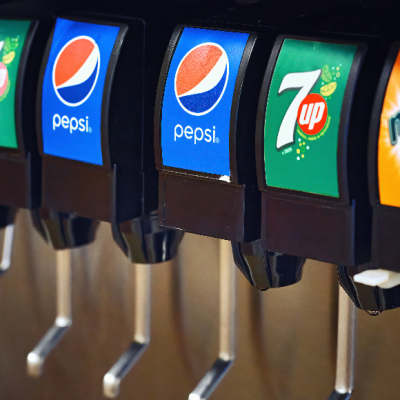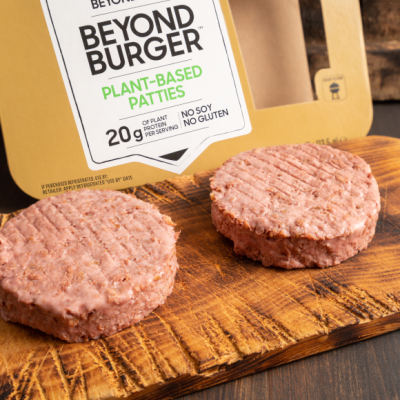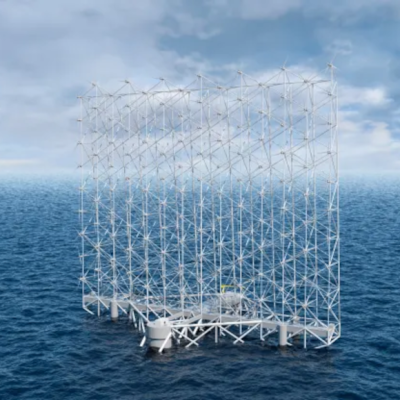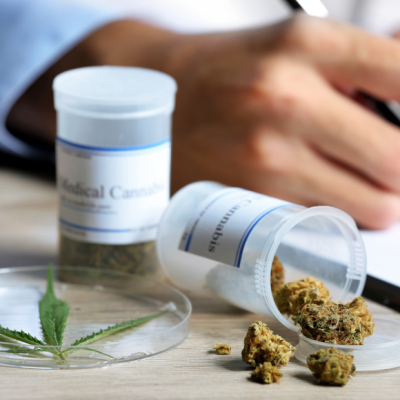Science Shop
Advertisement
Critical Temperature: When is it too hot for humans?
- By Rolf Lewis
- . August 6, 2023
New research from the University of Roehampton has revealed that the upper critical temperature (UCT) of humans is likely to be between 40 and 50

Fast food chain vending machines pose health risks.
- By Rolf Lewis
- . August 6, 2023
Bacteria, including dangerous strains of Salmonella spp (Salmonella), Pseudomonas aeruginosa, and Escherichia coli (E. coli), are often found in drinks from popular fast-food chain vending

Phone Distraction: Affects Concentration
- By Geert Devenster
- . August 5, 2023
Japanese psychologists have discovered in an experiment that the mere sight of a mobile phone disrupts concentration. Researchers previously believed that active use of mobile

Plant Proteins Protect Kidneys
- By Rolf Lewis
- . August 5, 2023
A higher intake of plant-based proteins, such as those found in plant-based meat alternatives, significantly reduces the risk of chronic kidney disease (CKD). As meat

Wind Farm Powers 80,000 Homes
- By Geert Devenster
- . August 4, 2023
Wind Catching Systems, a Norwegian company, has designed an offshore wind farm that can generate electricity for 80,000 households. The innovative turbine design consists of

German Job Applicants Often Lie
- By Geert Devenster
- . August 4, 2023
A recent study conducted by cvapp.de has revealed that over half of German job applicants have lied on their resumes. The study surveyed 3,000 participants

Cannabis Eases Cancer Pain
- By Rolf Lewis
- . August 4, 2023
Medical Cannabis Helps Reduce Cancer Pain and Medication Intake A recent study conducted by scientists at McGill University in Montreal, Canada, has found that medical

Low-Carb Diet Increases Mortality Risk
- By Rolf Lewis
- . August 4, 2023
A recent study published in the Journal of Internal Medicine has found that a low-carbohydrate diet can significantly increase mortality rates in the long term.

Decline in Media Trust in Germany
- By Geert Devenster
- . August 4, 2023
The trust in media in Germany has slightly decreased, but it remains at a higher level than before Covid-19. According to a study by the

Harvesting Electricity from Air with Nanoporous Materials
- By Geert Devenster
- . August 4, 2023
A groundbreaking discovery by a team of engineers at the University of Massachusetts Amherst (UMass) has revealed that nanopores smaller than 100 nanometers in diameter









